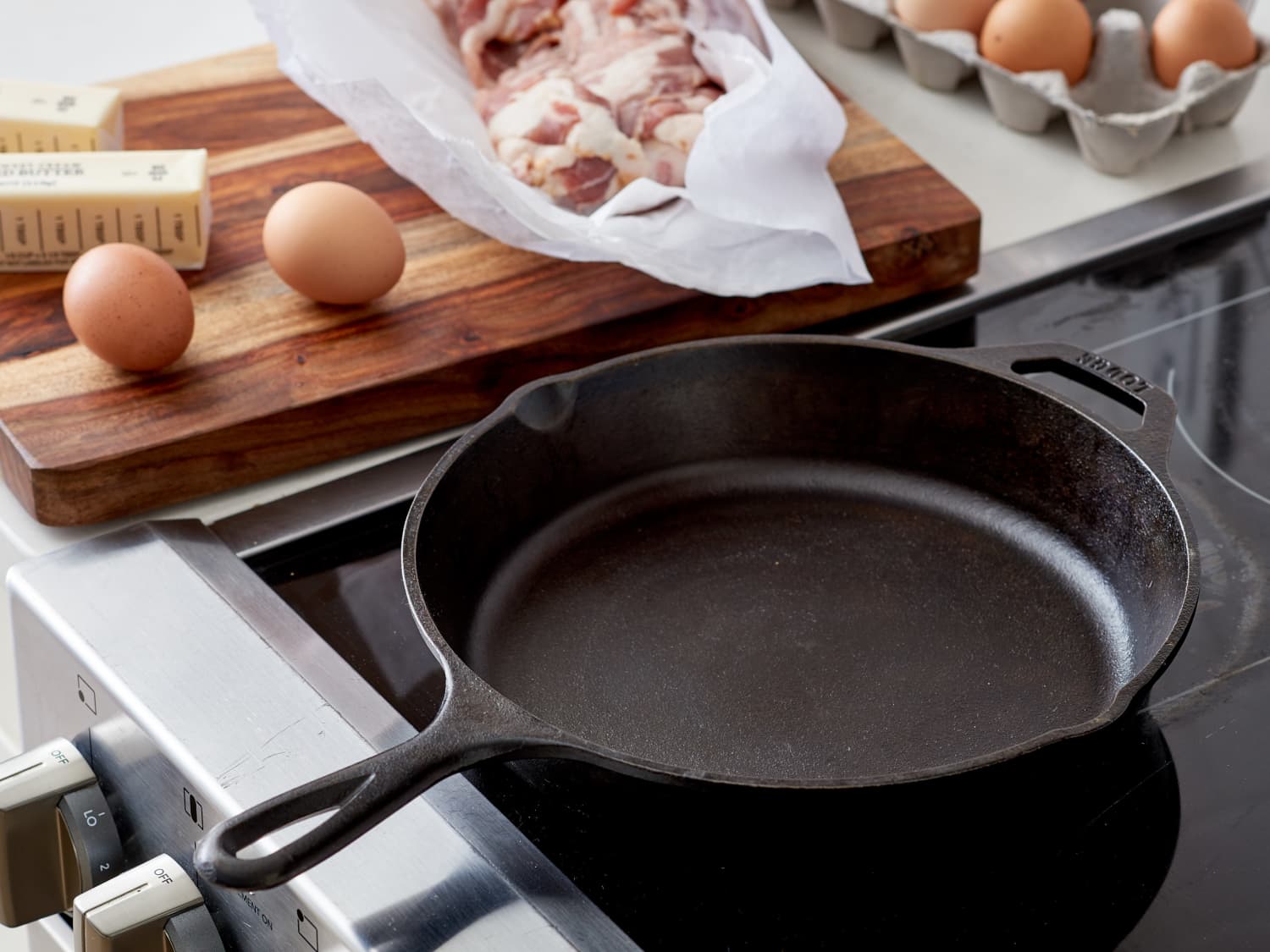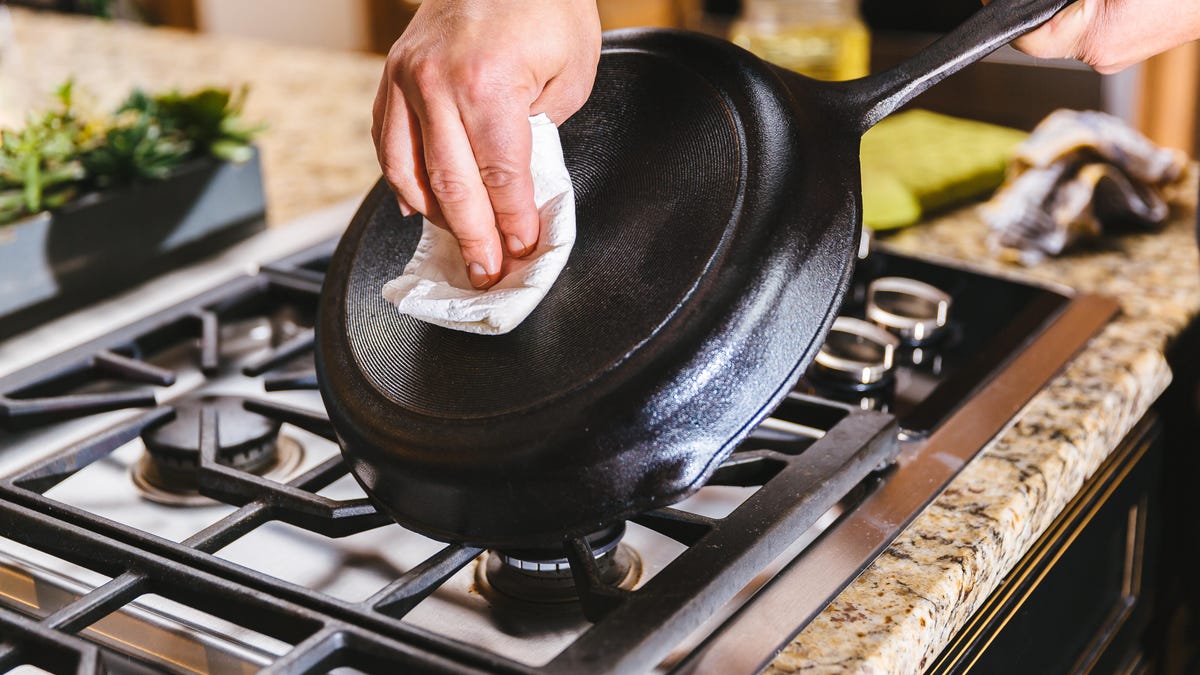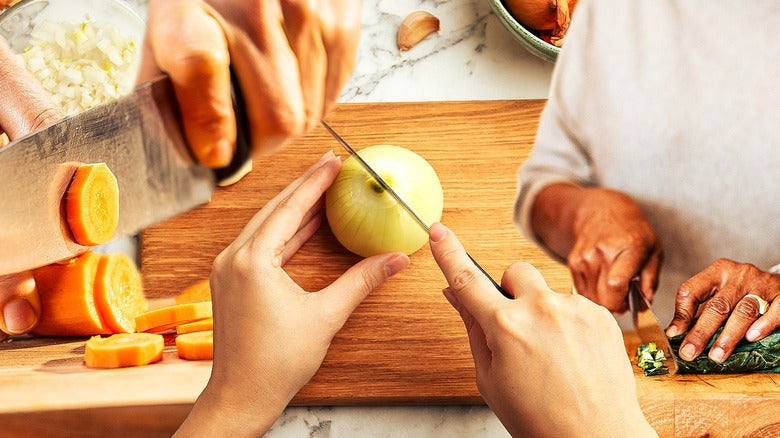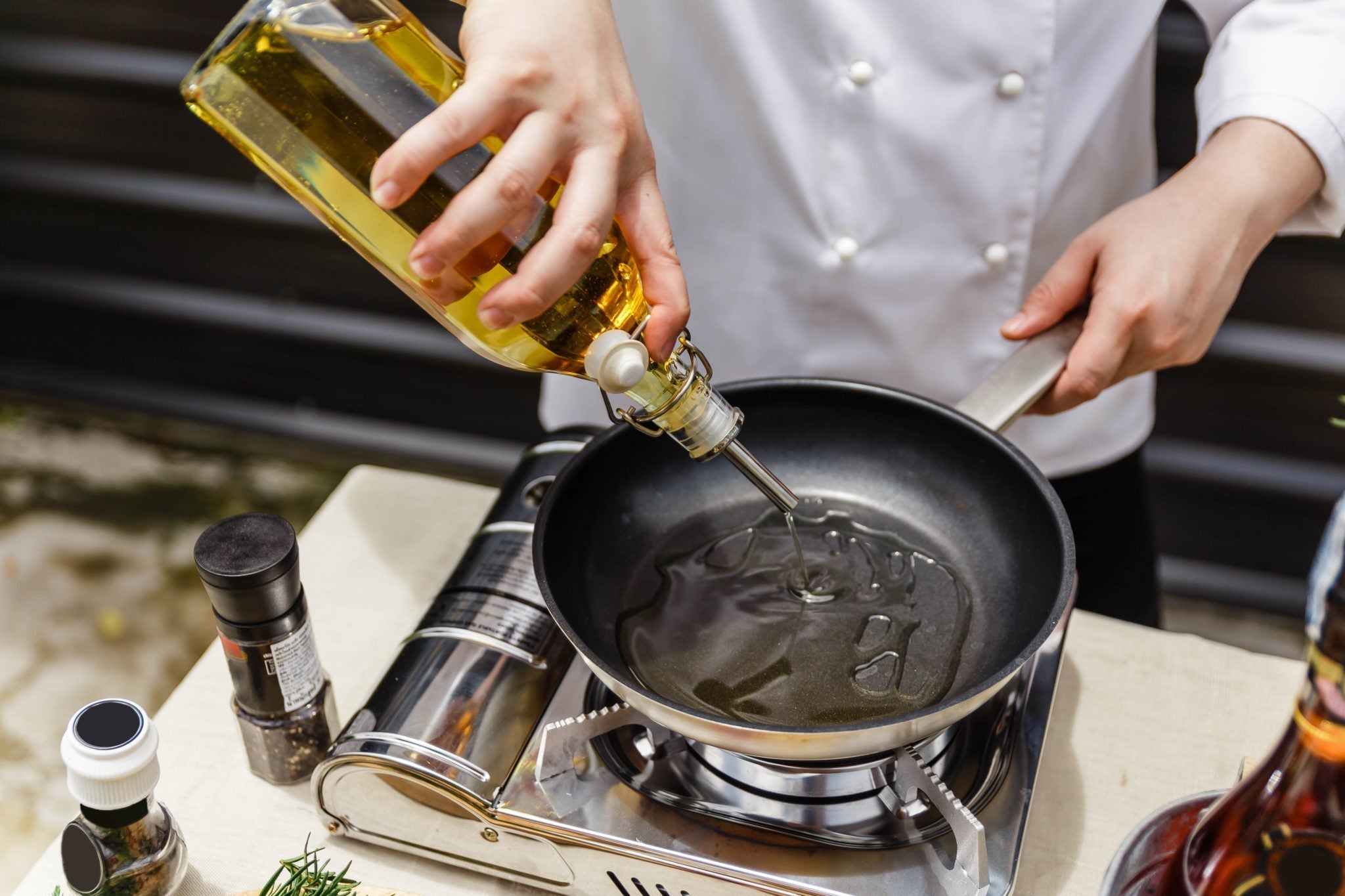Cooking with cast iron skillets brings a unique charm and flavor to your dishes, but if you are a kitchen professional, you might be asking yourself, how to protect glass top stove from cast iron skillet? Glass top stoves are favored in modern kitchens for their sleek, aesthetic appeal and easy cleanup, but they can be vulnerable to scratches and damage from heavier cookware, particularly cast iron.
In this article, we will delve into some remarkable tips and techniques designed specifically for cooking enthusiasts like yourself to preserve the integrity of your glass top stove while utilizing the functionality of your beloved cast iron skillets.

Why Protecting Your Glass Top Stove is Vital
Your glass top stove is an investment and damage from heavy cookware can lead to costly repairs and replacements. A cast iron skillet can weigh significantly more than other pots and pans, and its surface can be rough, increasing the risk for scratches. Furthermore, while many glass top stoves can handle the heat of cast iron cooking, the weight and friction involved can lead to thermal stress and cracking. Understanding how to protect your glass top stove will extend its lifespan and reduce long-term repair costs.
Understanding the Risks of Cast Iron Cookware
When using cast iron skillets on glass top stoves, it is important to understand the potential risks. Here are some key factors:
- Weight: Cast iron skillets are heavy. Dropping them or sliding them across the surface can easily damage the glass.
- Rough Surface: The bottom of cast iron skillets is often rough, which can scratch the glass surface when moved.
- Thermal Stress: Rapid changes in temperature can cause glass to crack.
Protecting Your Stove: Essential Techniques
So, how can you ensure your glass top stove's protection while using cast iron? Here are some terrific strategies:
1. Always Lift, Never Slide
The most effective way to avoid scratching your glass top stove is to always lift your cast iron skillet instead of sliding it. This prevents friction and reduces the risk of damaging the surface. Use two hands if the skillet is heavy.
2. Use a Heat Diffuser
By placing a heat diffuser between your skillet and the glass top, you can distribute heat evenly and reduce the risk of direct contact. A heat diffuser can also help protect your stove from sudden temperature changes, thereby preventing thermal stress. This added layer can be a game-changer.
3. Opt for a Smooth-Bottomed Skillet
If possible, choose a cast iron skillet with a smooth, flat bottom. These skillets are less likely to scratch the glass surface compared to rough-bottomed versions. Many modern brands offer skillets designed specifically to be used on glass-top stoves, combining style with functionality.
4. Maintain Regular Cleaning Routines
A clean stove is always safer. Regularly wipe down your glass top to remove any food particles or grime that could cause scratches when using cast iron skillets. A gentle, non-abrasive cleaner is best to use, as this will ensure that the surface stays pristine.
Additional Tips to Keep in Mind
Here are a few more tips that might come in handy:
- Temperature Control: Gradually increase the temperature of your skillet rather than starting at high heat. This helps reduce thermal shock.
- Protective Mats: Using silicone mats can provide additional protection. Place them on the stove before placing your cookware down.
- Stove Settings: Always follow the manufacturer's guidelines for safe cooking temperatures to prevent overheating the glass surface.
Common Misconceptions About Cast Iron Skillets
It is essential to address some common misunderstandings regarding the use of cast iron skillets on glass stovetops:
1. Cast Iron is Always Safe
While cast iron has many advantages, it is not automatically safe for glass top stoves. Proper precautions need to be taken to protect both the skillet and the surface.
2. Heavy Skillets Provide Better Cooking
Although some believe that heavier skillets yield better heat retention, they can also be more damaging to glass tops. Always choose wisely and consider other factors such as durability.
3. Scratch-Proof Glass Tops Exist
No glass stove tops are entirely scratch-proof. Thus, always treat your equipment with care to ensure longevity.
:max_bytes(150000):strip_icc()/Le-Creuset-Signature-Skillet-4-67ee3abae39445b0bae4647c5ec75cf8.jpg)
Frequently Asked Questions
1. Can I use a cast iron skillet on a glass top stove?
Yes, you can use a cast iron skillet, but it is vital to take precautions to protect your stove from potential damage.
2. What type of heat diffuser is best?
A heavy-duty metal diffuser works best, as it will hold up under the weight of a cast iron skillet while evenly distributing heat.
3. How can I clean my glass top stove without scratching it?
Using a soft cloth or sponge with a non-abrasive cleaner is the best way to keep your glass top stove clean without inflicting damage.
For further insights, you can learn about cast iron restoration, or for using cast iron for the first time, heres a guide on first time use.
As an Amazon Associate, I earn from qualifying purchases.






Leave a comment
This site is protected by hCaptcha and the hCaptcha Privacy Policy and Terms of Service apply.